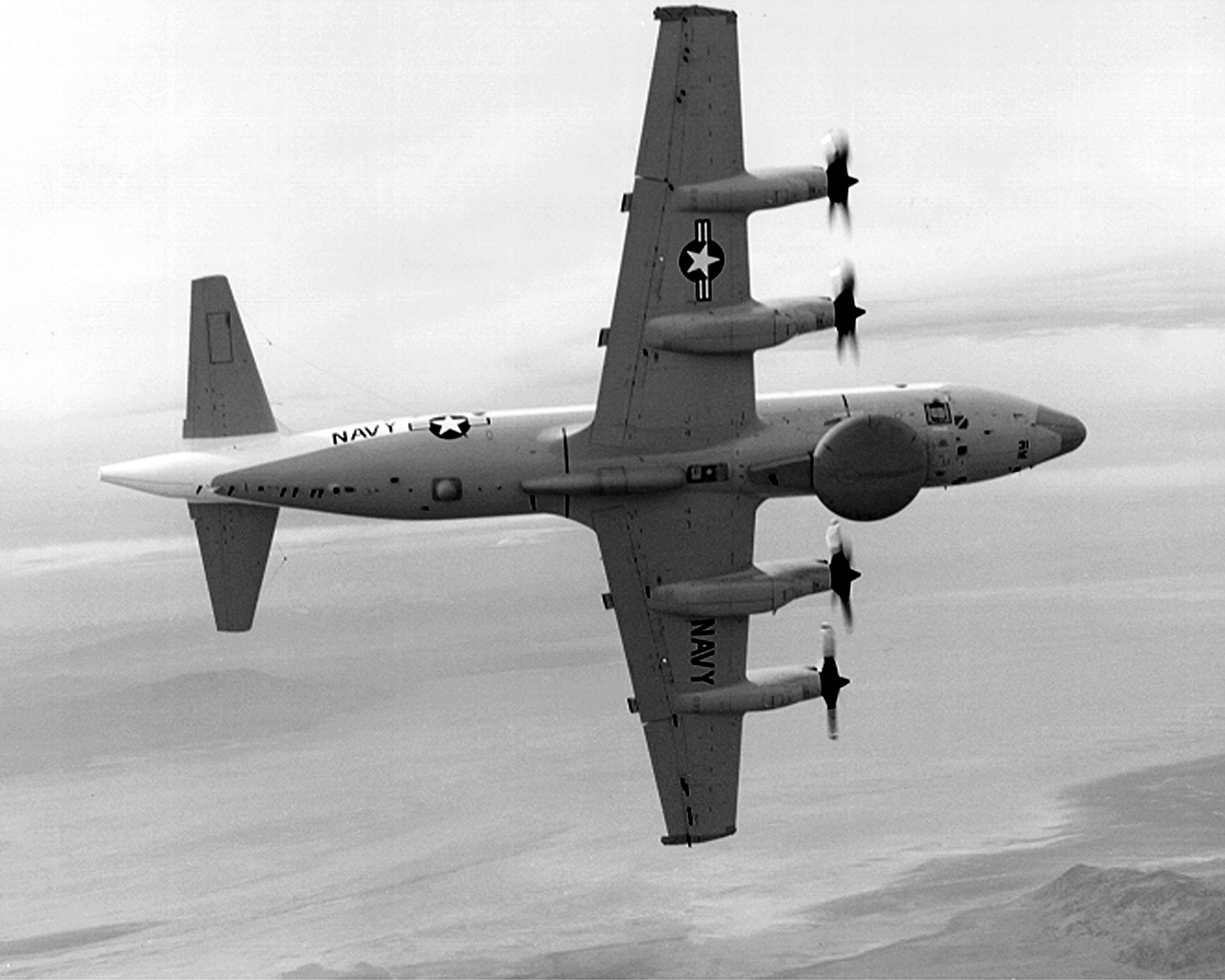THE PENTAGON — A U.S. Navy EP-3E Aries II surveillance aircraft was intercepted at close range by a Russian Sukhoi Su-27 fighter over the Black Sea on Monday.
“This interaction was determined to be unsafe due to the SU-27 closing to within five feet and crossing directly through the EP-3’s flight path, causing the EP-3 to fly through the SU-27’s jet wash,” read a statement from U.S. 6th Fleet.
“The duration of the intercept lasted two hours and 40 minutes.”
The event, first reported by CNN, the Russian fighter came within five feet of the Navy EP-3E, but the Navy spokesperson could not confirm the distance between both planes. The EP-3E Aries II curtailed its mission and returned to base, according to the Navy spokesperson.
This is just the latest in what has become a string of unsafe incidents in the air over the Black Sea. Following the Russian 2014 forced annexation of Crimea and a renewed effort by Moscow to exert its military power in the region, such encounters between U.S. surveillance aircraft and ships and Russian fighter jets have become more frequent.
On November 25, a Russian Su-30 Flanker fighter jet intercepted a U.S. Navy P-8A Poseidon, in a manner the Pentagon called unsafe.
In May a similar incident occurred when a Russian Su-30 also intercepted a P8-A over the Black Sea. Press reports cite Russian defense ministry sources as saying their plane conducted a “greeting maneuver.” Navy officials were reported at the time as calling the May intercept “safe and professional.”
In September, 2016 a Sukhoi Su-27 Flanker flew within 10 feet of Navy P-8A Poseidon surveillance aircraft, also over the Black Sea.
Russian fighters have also flown dangerously close to U.S. Navy ship operating in international waters in the Black Sea.
In February, two Russian Su-24 aircraft buzzed guided-missile destroyer USS Porter (DDG-78) while it was operating in international waters in the Black Sea. The Navy deemed this incident, “unsafe and unprofessional.”
In April 2014, a pair of Russian Su-24 aircraft buzzed guided-missile destroyer USS Donald Cook (DDG-75),while it was operating in the Baltic Sea. In a statement released at the time, U.S. European Command expressed “deep concerns about the unsafe and unprofessional Russian flight maneuvers.”
The following is the statement on the intercept from U.S. 6th Fleet.
On Jan. 29, 2018, a U.S. EP-3 Aries aircraft flying in international airspace over the Black Sea was intercepted by a Russian SU-27. This interaction was determined to be unsafe due to the SU-27 closing to within five feet and crossing directly through the EP-3’s flight path, causing the EP-3 to fly through the SU-27’s jet wash. The duration of the intercept lasted two hours and 40 minutes.
The Russian military is within its right to operate within international airspace, but they must behave within international standards set to ensure safety and prevent incidents, including the 1972 Agreement for the Prevention of Incidents on and Over the High Seas (INCSEA). Unsafe actions increase the risk of miscalculation and midair collisions.
The U.S. aircraft was operating in accordance with international law and did not provoke this Russian activity.

